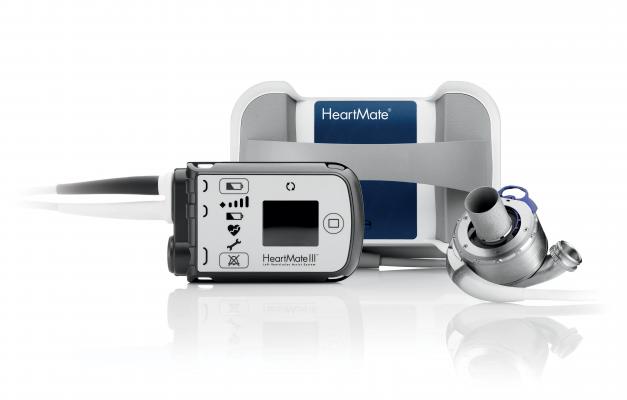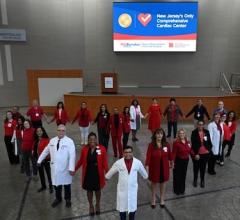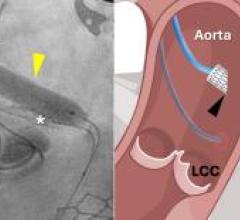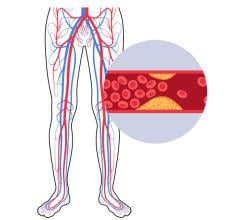
November 17, 2017 — Common practice, and recently published research, shows that the risk of complications with surgery increases in very old or frail adults, including those with heart failure. However, a number of indicators of frailty — such as weakness, low energy or decreased physical activity – can also be caused by heart failure. To tease apart whether frail patients might benefit from surgery to treat heart failure, researchers looked at whether the left ventricular-assist device (LVAD) surgery could improve measures of frailty and quality of life. They found that for some patients, it did, as early as three months after surgery.
“Surgery can carry greater risks for older, frail individuals, but we wanted to test whether the LVAD could reverse frailty and improve quality of life in these higher-risk patients,” said cardiologist Gordon Reeves, M.D., associate professor of cardiology at the Sydney Kimmel Medical College at Jefferson University. “Importantly, this study shows that frailty is modifiable, it can get better with interventions like the LVAD.” The results were published in the Journal of the American Geriatrics Society.
Reeves, together with colleagues at Columbia University, studied 29 older, frail patients with advanced heart failure who were eligible to receive an LVAD. The patients were enrolled from across five academic medical centers part of the Greater Geriatric Cardiology Consortium in a prospective pilot study. The researchers assessed patients on measures of frailty, quality of life, and cognition prior to performing LVAD surgery. The LVAD is a pump that is surgically implanted into the left ventricle of the heart, supplying blood to the rest of the body.
The researchers found that there was a significant improvement in frailty with LVAD surgery and that this continued through six months of observation after the surgery. However, despite this improvement, about half of patients remained frail. Changes in frailty were also associated with quality of life measures, so that patients whose frailty did not improve, also did not see any improvements in quality of life. “We don’t have enough data from this trial to be able to say which patients would benefit from LVAD versus those who won’t,” said Reeves.
“Although these results show that the LVAD procedure can decrease measure of frailty in some patients, we know that it does not completely reverse it,” said Reeves. “There are also a number of interventions, such as physical therapy and nutrition supplementation, that have shown promise in reducing frailty even further after LVAD surgery. This is an active area of research for us as well.”
For more information: www.onlinelibrary.wiley.com


 February 06, 2026
February 06, 2026 









